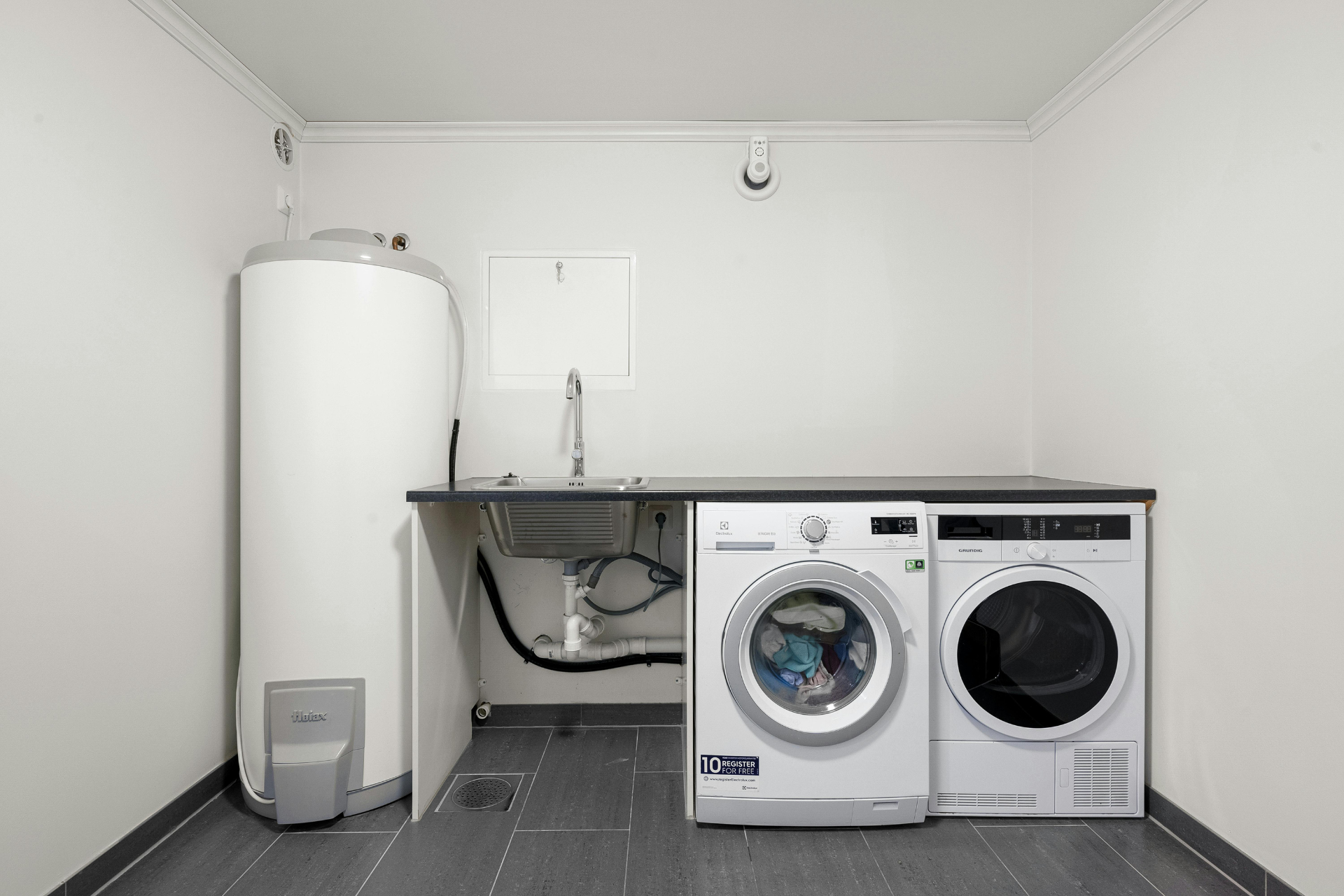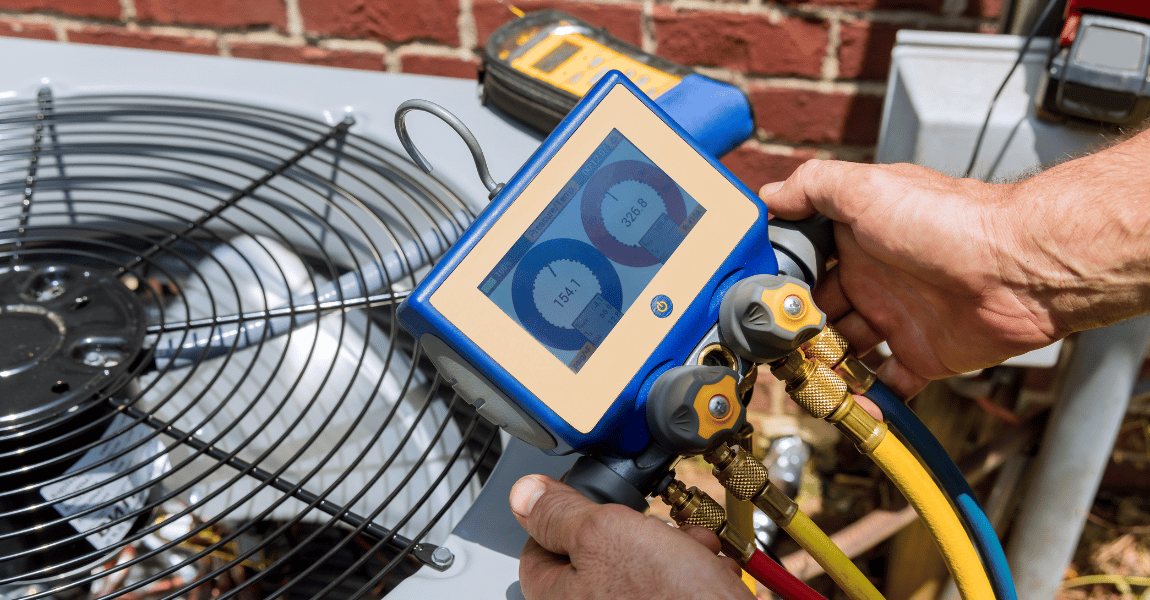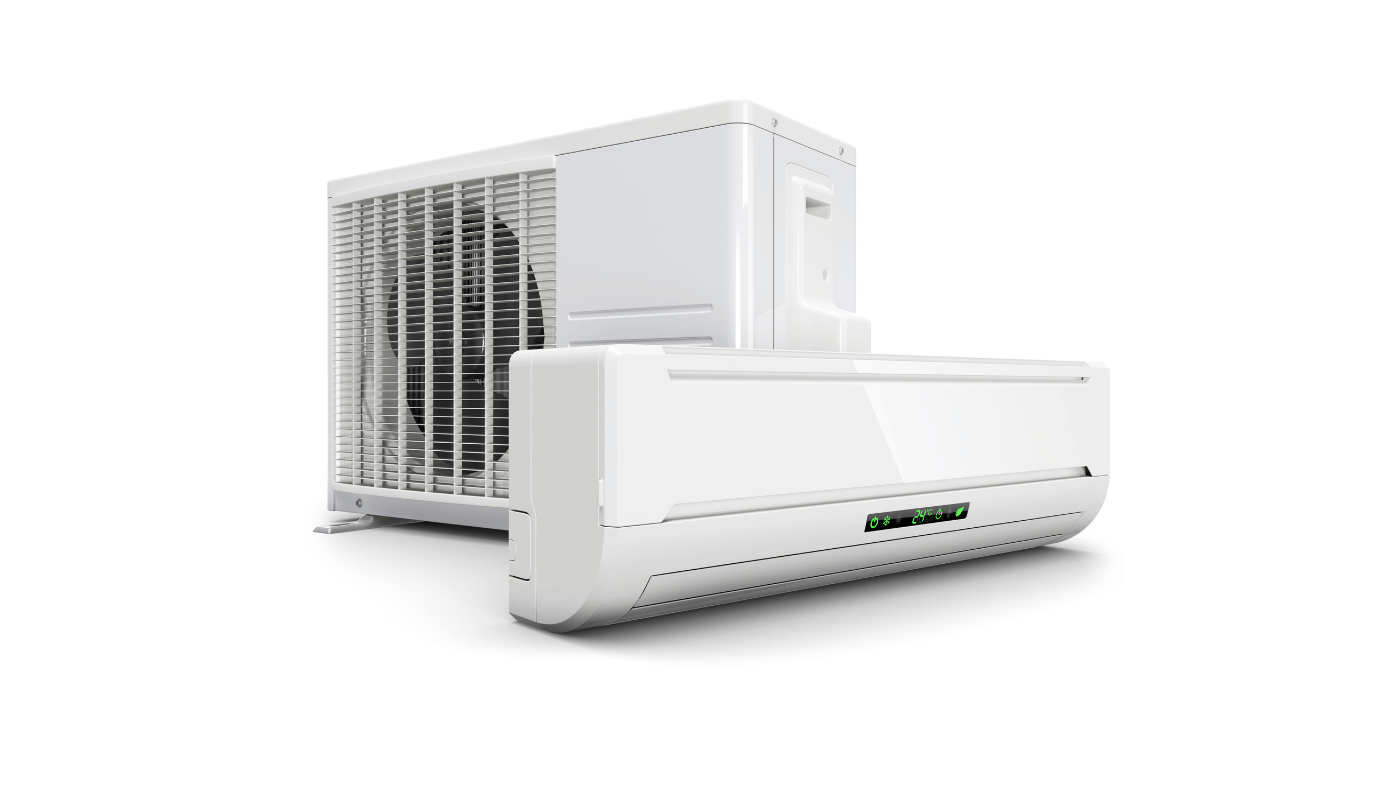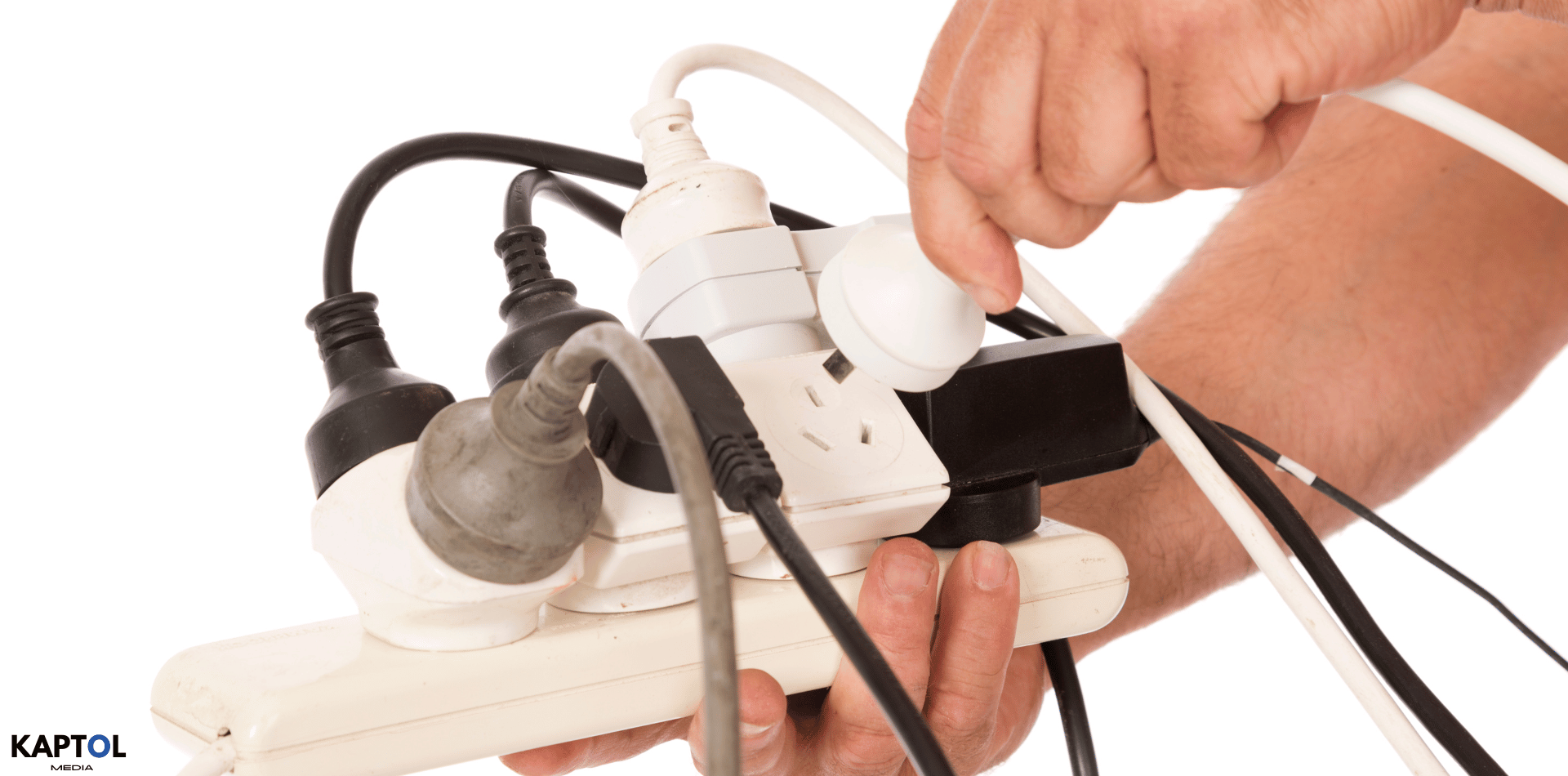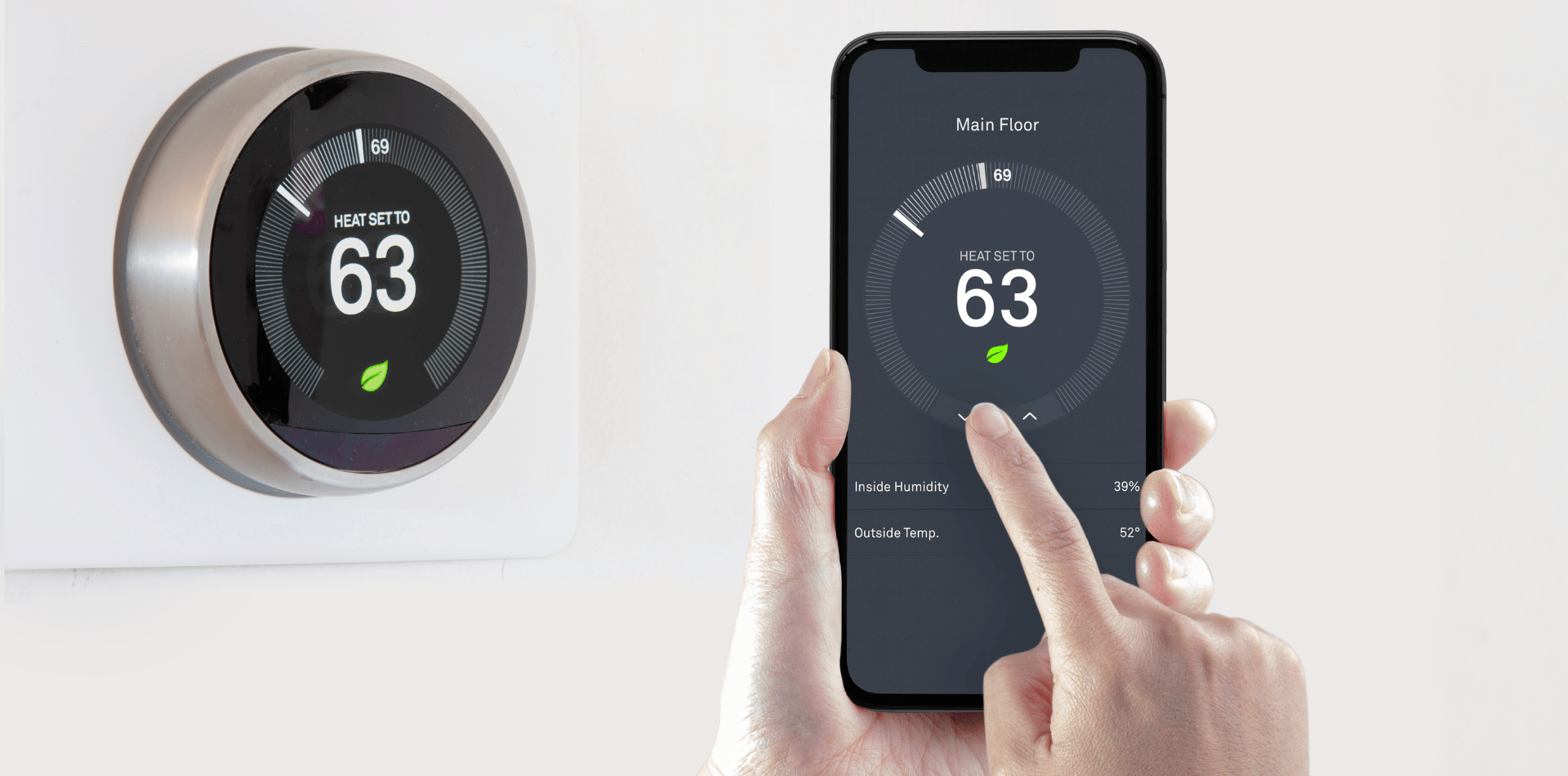The Future of Solar Power. A Resilient Energy Landscape
The Rising Popularity of Solar Panels: A Sustainable Solution for Modern Living

In recent years, the increasing cost of living and rising electricity prices have driven many homeowners to seek alternative energy solutions.
Among these, solar panels have emerged as a highly popular and effective choice. Their ability to harness the power of the sun and convert it into usable electricity has made them a key player in the sustainable energy landscape.
Our team of solar experts is dedicated to providing access to a wide range of the industry's leading solar panels, ensuring that homeowners can make informed decisions and invest in reliable solar power systems.
Understanding Solar Power Systems
At their core, solar power systems are relatively straightforward in design, primarily consisting of solar panels and an inverter.
Solar panels are the heart of these systems, responsible for capturing solar radiation and converting it into Direct Current (DC) electricity. This DC electricity then flows into the inverter, a crucial component that plays a pivotal role in making the solar energy usable for homes.
The inverter's main function is to convert the DC electricity generated by the solar panels into Alternating Current (AC) electricity, which is the standard form of electricity used in homes. This conversion process is essential because most household appliances and electronic devices operate on AC electricity.
By transforming the DC electricity into AC, the inverter ensures that the energy harvested from the sun can power everything from lights and refrigerators to televisions and computers.
The Economic and Environmental Benefits of Solar Panels
The adoption of solar panels offers numerous economic and environmental benefits.
Firstly, solar panels can significantly reduce electricity bills. By generating your own electricity, you become less reliant on the grid, which means you can save money on your monthly utility bills. In some cases, homeowners can even eliminate their electricity bills entirely, depending on the size of their solar power system and their energy consumption habits.
Additionally, any unused electricity generated during the day is fed back into the grid, a process known as net metering. Net metering allows homeowners to earn credits for the excess electricity they produce, further reducing their overall energy costs. This not only makes solar panels a financially smart investment but also contributes to a more stable and resilient energy grid.
From an environmental perspective, solar panels are a clean and renewable energy source. Unlike fossil fuels, which release harmful pollutants and greenhouse gases into the atmosphere, solar power generates electricity without producing any emissions.
By switching to solar energy, you can significantly reduce your carbon footprint and contribute to the fight against climate change.
Solar panels also help conserve natural resources by reducing the demand for non-renewable energy sources.
Advances in Solar Panel Technology
The solar industry has seen remarkable advancements in technology over the past few years, leading to more efficient and affordable solar panels.
Today's solar panels are more durable, efficient, and aesthetically pleasing than ever before.
Innovations in photovoltaic (PV) cell technology have increased the energy conversion efficiency of solar panels, allowing them to generate more electricity from the same amount of sunlight.
One notable advancement is the development of monocrystalline and polycrystalline solar panels. Monocrystalline panels are known for their high efficiency and sleek appearance, making them a popular choice for residential installations. Polycrystalline panels, on the other hand, are generally more affordable and have improved significantly in terms of efficiency and performance.
Another significant technological advancement is the advent of bifacial solar panels. Unlike traditional solar panels, which have an active side facing the sun, bifacial panels can capture sunlight from both sides. This design increases the overall energy output and makes them ideal for installations in areas with reflective surfaces, such as near water bodies or on rooftops with reflective coatings.
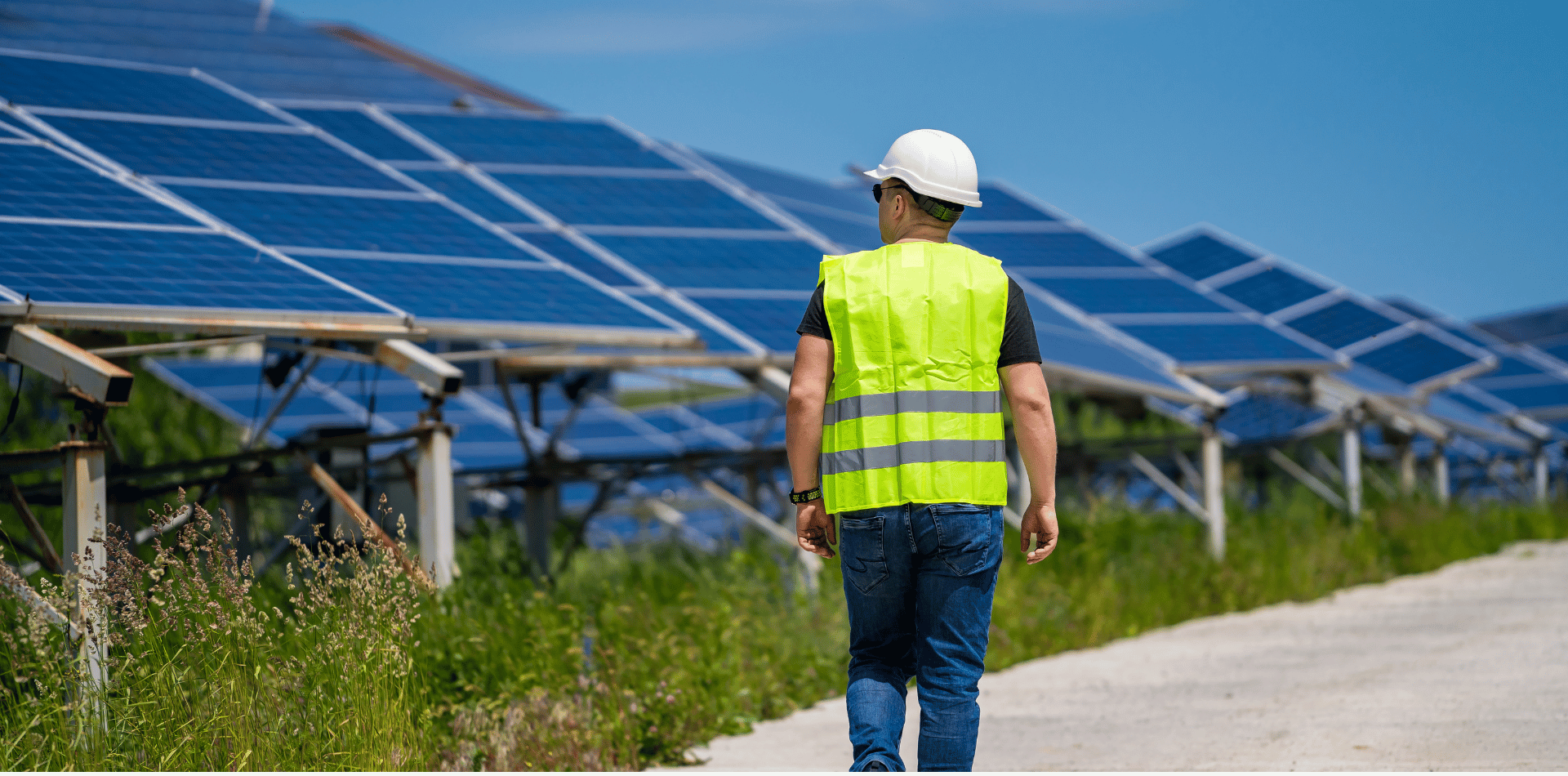
The Role of Energy Storage in Solar Power Systems
While solar panels are excellent for generating electricity during the day, the challenge of storing this energy for use during nighttime or cloudy days remains.
This is where energy storage solutions, such as batteries, come into play. By integrating a battery storage system with solar panels, homeowners can store excess electricity generated during the day and use it when solar production is low.
Energy storage not only enhances the reliability of solar power systems but also provides greater energy independence. With a battery storage system, homeowners can reduce their reliance on the grid even further and have a backup power source during outages.
Advances in battery technology have made these systems more efficient, affordable, and longer-lasting, making them a viable addition to residential solar power setups.
Choosing the Right Solar Power System
Selecting the right solar power system for your home involves several considerations. The first step is to assess your energy needs and determine how much electricity you consume on a daily basis. This information will help you decide the size of the solar power system required to meet your energy demands.
Next, consider the available space for installing solar panels.
The amount of roof space or ground area you have will influence the number of panels you can install. Additionally, the orientation and tilt of the panels are crucial factors in maximising their efficiency. Ideally, solar panels should face north and be tilted at an angle that matches your latitude to capture the maximum amount of sunlight.
It's also important to choose a reputable solar panel manufacturer and installer.
Quality and reliability are key when it comes to solar power systems, so working with trusted industry experts ensures that you get the best products and services.
Look for manufacturers that offer warranties and have a track record of producing high-quality solar panels.
The Future of Solar Energy
The future of solar energy looks incredibly promising.
As technology continues to advance, we can expect even more efficient and affordable solar panels. Innovations in materials science, such as the development of perovskite solar cells, hold the potential to revolutionise the industry by offering higher efficiency rates and lower production costs.
The integration of smart technologies and the Internet of Things (IoT) with solar power systems is on the rise. Smart inverters, for example, can optimise the performance of solar panels by dynamically adjusting their output based on real-time conditions. IoT-enabled solar systems can also provide homeowners with detailed insights into their energy production and consumption, allowing for better energy management and increased savings.
Government Incentives and Support
Government incentives and support play a crucial role in promoting the adoption of solar panels.
Many countries, including Australia, offer various incentives, such as tax credits, rebates, and grants, to encourage homeowners to invest in solar energy. These incentives can significantly reduce the upfront cost of installing solar panels, making them more accessible to a broader range of people.
In addition to financial incentives, governments are implementing policies and regulations to support the growth of the solar industry. Renewable energy targets, feed-in tariffs, and net metering programs are some examples of measures that promote the use of solar power and create a favorable environment for its expansion.
Solar panels have become a cornerstone of the sustainable energy movement, offering a practical solution to the challenges posed by rising electricity costs and environmental concerns. With their straightforward design and numerous benefits, solar power systems are an attractive option for homeowners looking to reduce their energy bills and carbon footprint.
Advancements in technology, coupled with government incentives and support, have made solar panels more efficient, affordable, and accessible than ever before. By investing in solar energy, homeowners can take control of their energy future, contribute to a cleaner environment, and enjoy the financial savings that come with generating their own electricity.
As the solar industry continues to evolve, we can expect even greater innovations and improvements in the years to come. Embracing solar power not only makes economic sense but also aligns with the global shift towards sustainable and renewable energy sources. The future is bright for solar panels, and by harnessing the power of the sun, we can build a more sustainable and resilient energy landscape for generations to come.
